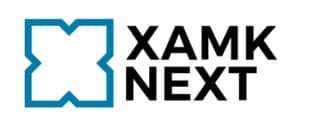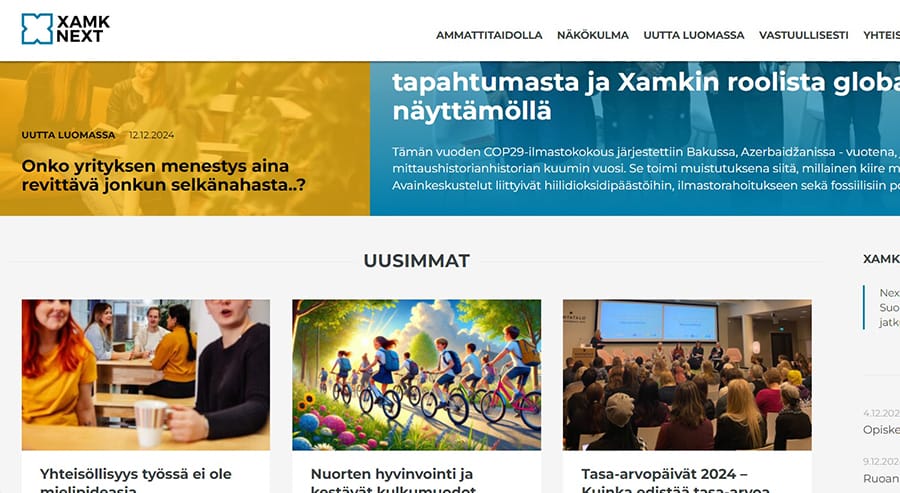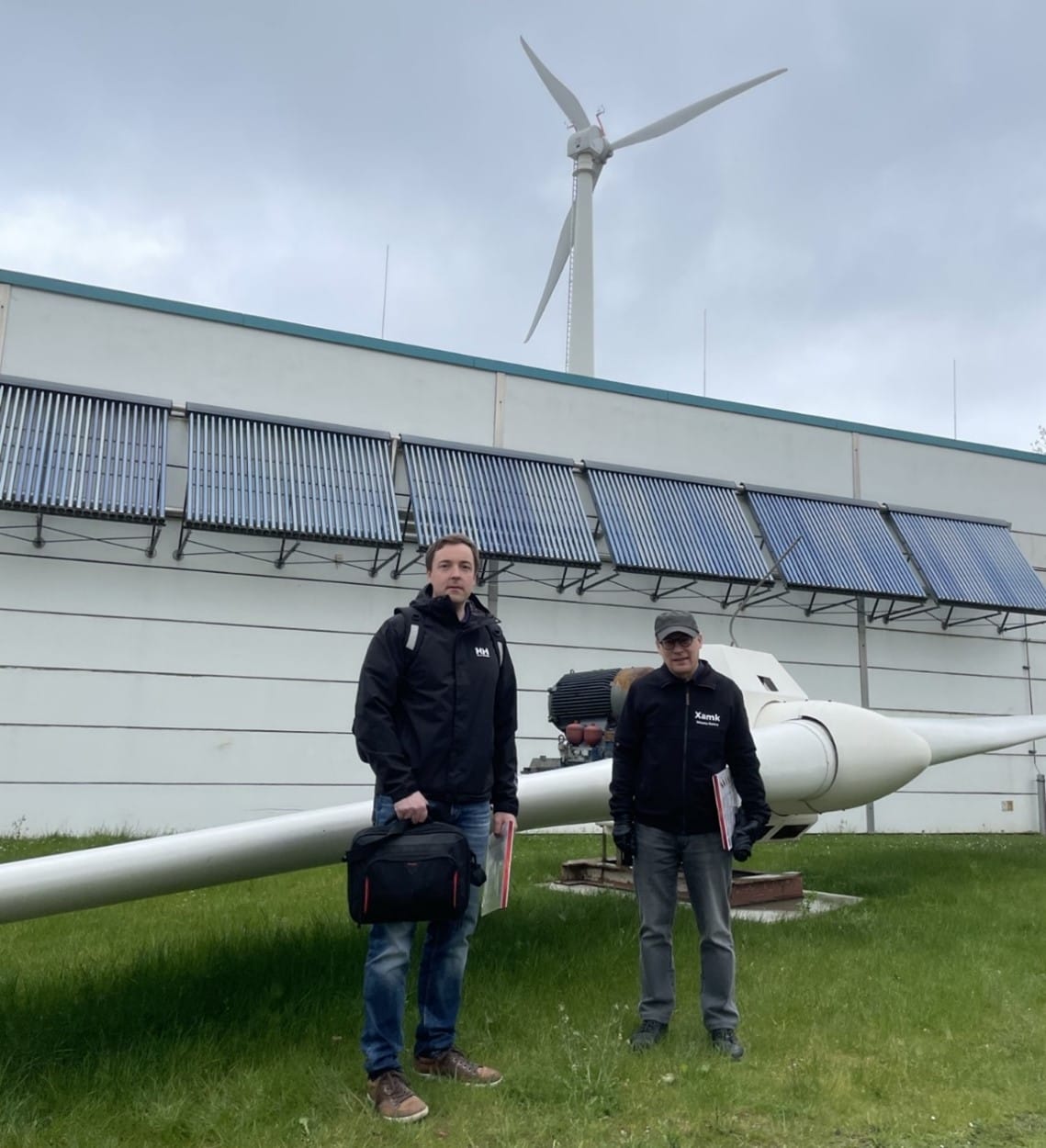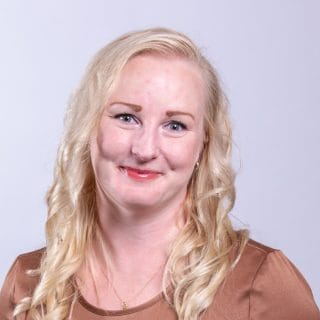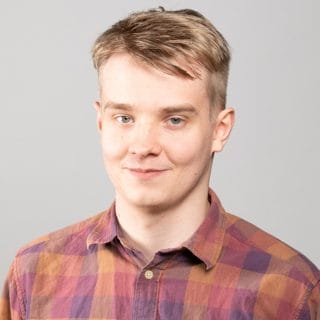Stralsund Spring School – International teaching and RDI cooperation
Two months preparation for lecture and lab material
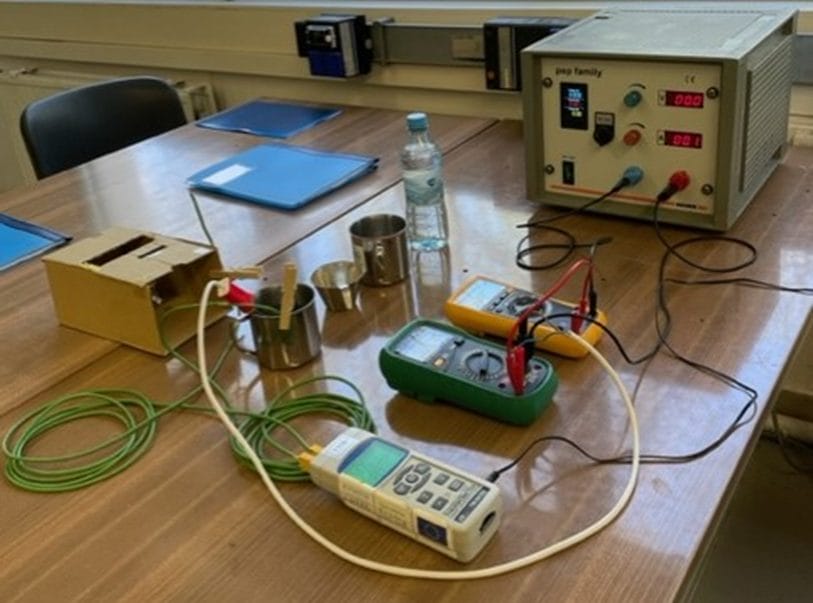
Xamk is currently researching sustainable energy systems and heat storage methods. The idea for Spring School’s teaching and laboratory work came from the content of the Energy Smart Urban Environment project. Utilization of ground heat for heating and cooling and heat storage systems were selected as the teaching material. These topics have not been presented before in Spring School.
Visualization of heat transfer requires time because the phenomenon develops slowly. Carrying out the laboratory work was a challenge with the equipment because the laboratory measurements must be done quickly.
Plenty of preparatory measurements were performed for the laboratory work, which made it possible to design laboratory instructions suitable for the exercise. As a result, the heating and cooling could be visualized in the laboratory work.
Feedback and opinions about teaching
International teaching requires more preparation of materials and teaching methods than teaching in home school. The teaching material was also completely new this time, so this material has not been used before in our home school teaching. In this case, you must dive into the discomfort zone, because the teaching is in a foreign language and the material is also new. In doing the laboratory work, innovative ideas were found that can be used to develop the laboratory work in the coming years.
The students’ activity and motivation helped a lot with the teaching and the teaching felt to be completed quite good. The students’ backgrounds varied a lot. Some of them had engineering while others had business studies in the background. Overall, we can say that these challenges were overcome, and we are once again richer in experience. It is good to continue with this and export the latest energy technology research results abroad in the future as well.
Current researching cooperation
Stralsund’s staff partly monitored our measurements, while they talked about future cooperation, e.g., for participating in the annual energy symposium in Stralsund, where the results of the ongoing Xamk research projects can be presented. The results of the sustainable energy sector presented at the symposium focus on national and international development projects.
In 2023, in Xamk’s strategy, sustainable energy systems have been raised as one of the emerging areas of development. Sector integration is one new opening in the development of expertise, around which an intelligent R&D environment is being built. It considers the entire chain of electricity, heat and gas. Stralsund has a long tradition in development work around hydrogen. Xamk has traditions in thermal engineering, when the Stralsund Spring School training was put together for heating and cooling using the heat of the soil. Further cooperation will be warmly continued.
